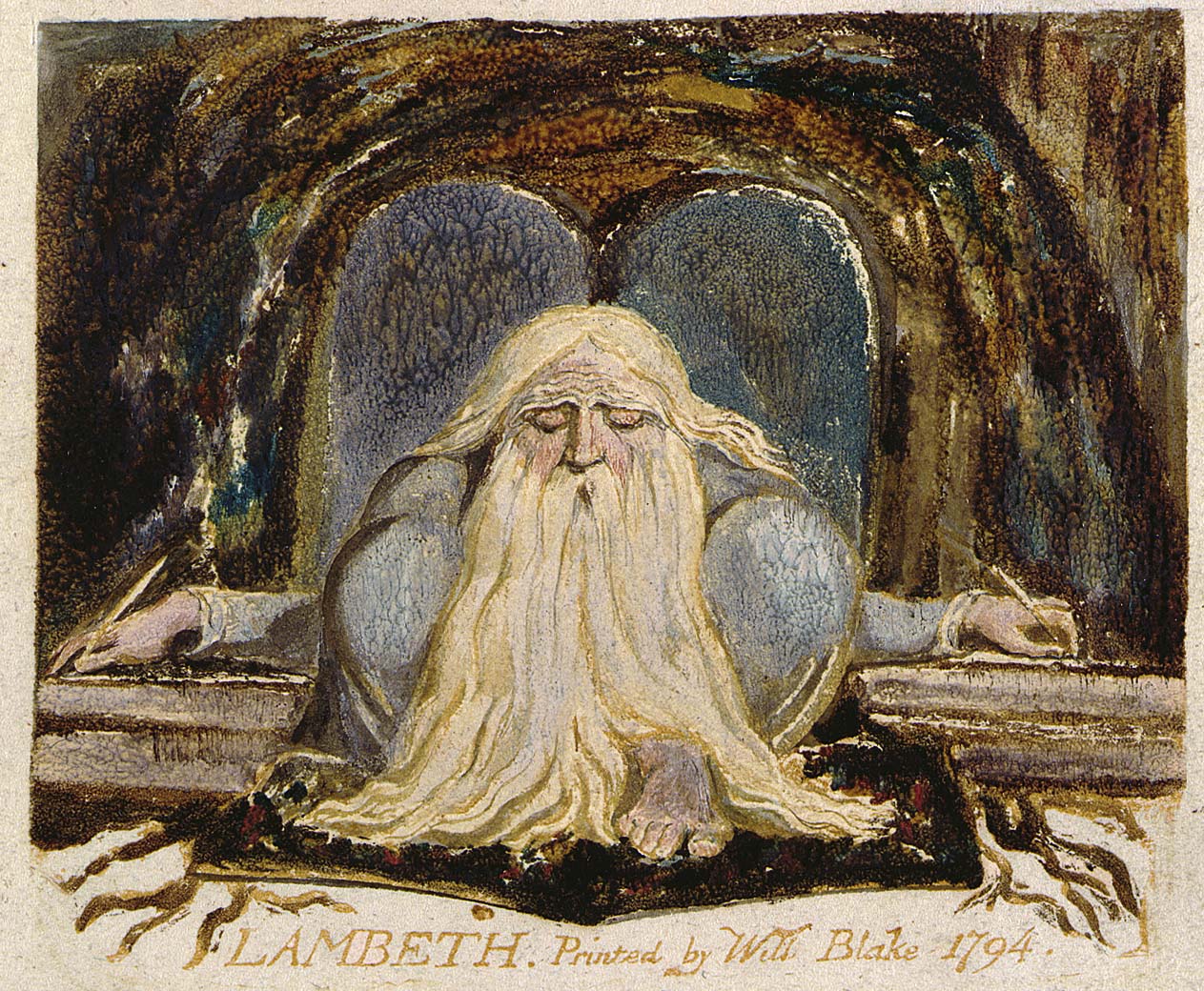- Teacher: Julie Hastings
- Teacher: Oren Kosansky
Students abroad in Greece face a double challenge:, making sense of a new culture in a language that, is new to them. This course gives students the, tools necessary to interpret and understand what's, going on around them, and to push past their first, impressions of difference in order to evaluate the, cultural logic and history behind what they, observe. Students will receive an introduction to, the Modern Greek language, making it possible for, them to interact with people on a basic, everyday, level in their neighborhood, their explorations of, the city, and their travels throughout Greece. The, course also covers the important social changes, that have transformed Greek society over the past, 50 years, as well as the social concerns most, pressing in Greek society today.
- Teacher: Maureen Healy

Taught by the faculty leader of the London
humanities overseas program, this course will
focus on a humanities topic within the leader's
discipline, making use of London-based resources
and incorporating site visits. Topics will vary by
year within the humanities.
- Teacher: Kurt Fosso